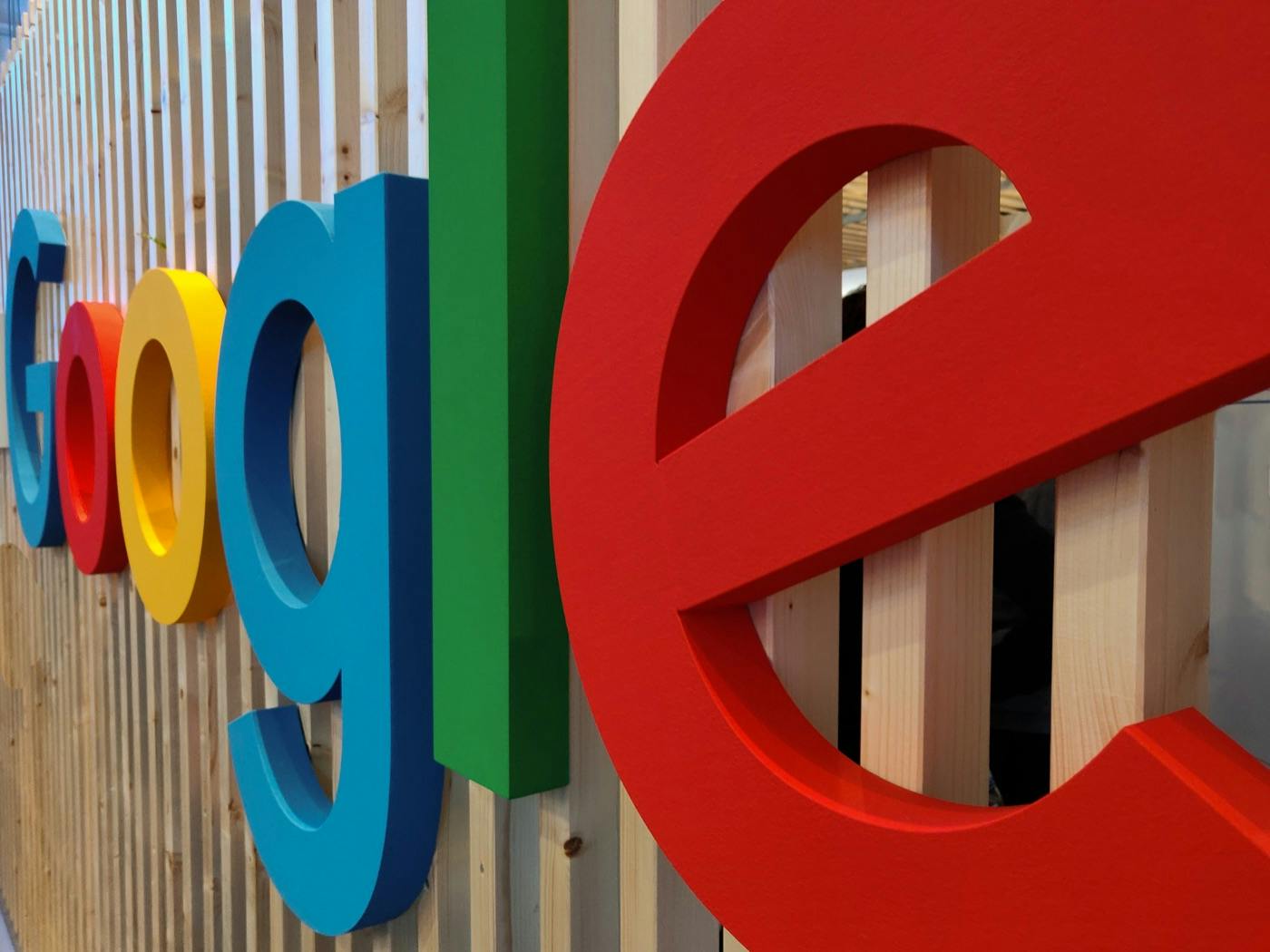Google got tired of watching OpenAI eat its lunch in the field of conversational AI. So, on February 6, Alpahbet and Google CEO Sundar Pichai announced that Google is rolling out its own conversational AI tool, Bard, which is an answer to OpenAI’s wildly popular ChatGPT AI assistant.
Bard is going to function as ChatGPT does now: synthesizing information to provide more complete, contextual responses to queries the way voice search (remember that?) has always promised to do. In Pichai’s words:
Bard can be an outlet for creativity, and a launchpad for curiosity, helping you to explain new discoveries from NASA’s James Webb Space Telescope to a 9-year-old, or learn more about the best strikers in football right now, and then get drills to build your skills . . . When people think of Google, they often think of turning to us for quick factual answers, like “how many keys does a piano have?” But increasingly, people are turning to Google for deeper insights and understanding — like, “is the piano or guitar easier to learn, and how much practice does each need?” Learning about a topic like this can take a lot of effort to figure out what you really need to know, and people often want to explore a diverse range of opinions or perspective.
Instead of dropping the tool publicly as OpenAI did, Google is making Bard available to a team of “trusted testers” before making the tool publicly available “in coming weeks.”
And, he added that Bard will be incorporated into Google Search soon. Here’s a screen shot of how the interface might look, courtesy of Google:
Pichai's blog post is also noteworthy for how he positioned Bard:
- Folks, we've been on top of this all along -- we're not late to the game: “We’ve been working on an experimental conversational AI service, powered by LaMDA, that we’re calling Bard . . . We have a long history of using AI to improve Search for billions of people. BERT, one of our first Transformer models, was revolutionary in understanding the intricacies of human language. Two years ago, we introduced MUM, which is 1,000 times more powerful than BERT and has next-level and multi-lingual understanding of information which can pick out key moments in videos and provide critical information, including crisis support, in more languages.” This is an obvious response to the criticism that Google has faced for letting OpenAI get first to market with ChatGPT.
- But we're taking a more deliberate approach that you can trust: "And today, we’re taking another step forward by opening it up to trusted testers ahead of making it more widely available to the public in the coming weeks . . . We’ll combine external feedback with our own internal testing to make sure Bard’s responses meet a high bar for quality, safety and groundedness in real-world information.” Here’s another response to OpenAI – in this case, dropping ChatGPT for public use in November 2022 and crowdsourcing responses in order to improve the model. Google has no use for crowdsourcing such an important tool as conversational AI. Google has a carefully protected reputation to protect, unlike OpenAI, which wholly embraces the Silicon Valley mentality of “release a product first and then improve it later.”
- And we have ethical standards: "It’s critical that we bring experiences rooted in these models to the world in a bold and responsible way. That’s why we’re committed to developing AI responsibly: In 2018, Google was one of the first companies to publish a set of AI Principles. We continue to provide education and resources for our researchers, partner with governments and external organizations to develop standards and best practices, and work with communities and experts to make AI safe and useful." OpenAI's ChatGPT conversational chatbot has caught plenty of heat for bias, and Google is taking a shot at OpenAI here. This is a risky position for Google to take. Ethical AI is a hot-button topic, and Google has endured its share of criticism for falling short of its aspirations to keep AI free of bias. According to Search Engine Land, the “trusted testers” vetting Bard are a demographically and geographically diverse group of people external to Google -- an important consideration clearly designed to mitigate against bias. Pichai is better off getting out in front of this issue and holding his own company accountable.
What we don’t yet know is how conversational AI will affect Google’s advertising business. Conversational AI tools flourish by giving searchers concise responses instead of links to other sites. But Google’s ad model depends on people staying engaged on Google Search clicking on links. How will Google resolve this potential conflict?
With Microsoft’s launch of a ChatGPT experience on Bing Search imminent, Google has taken an important step in re-claiming the narrative about conversational AI.


